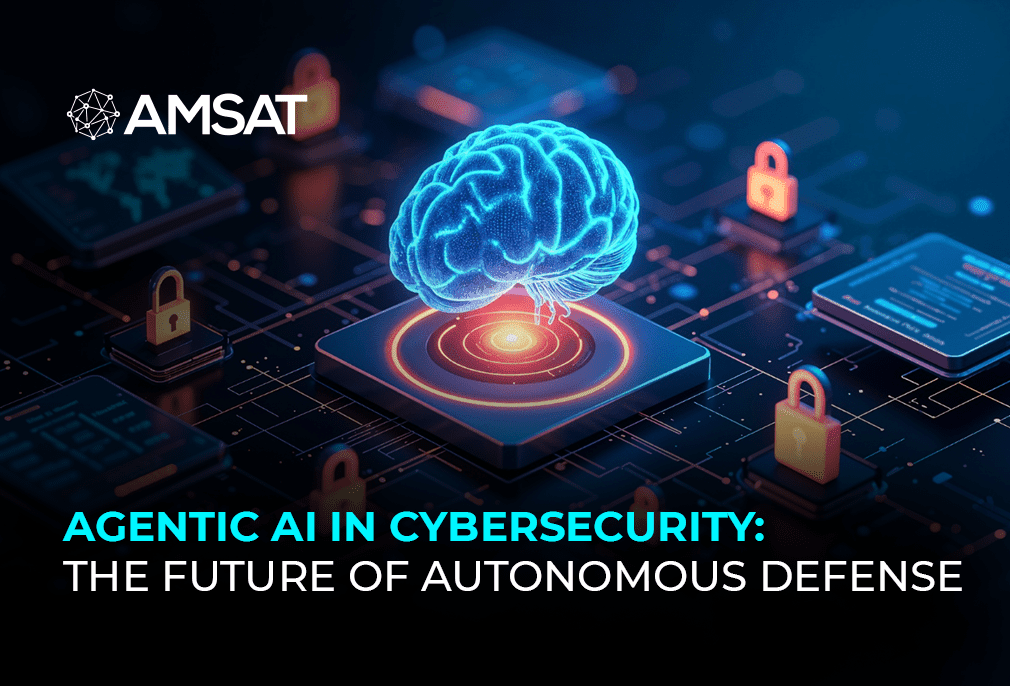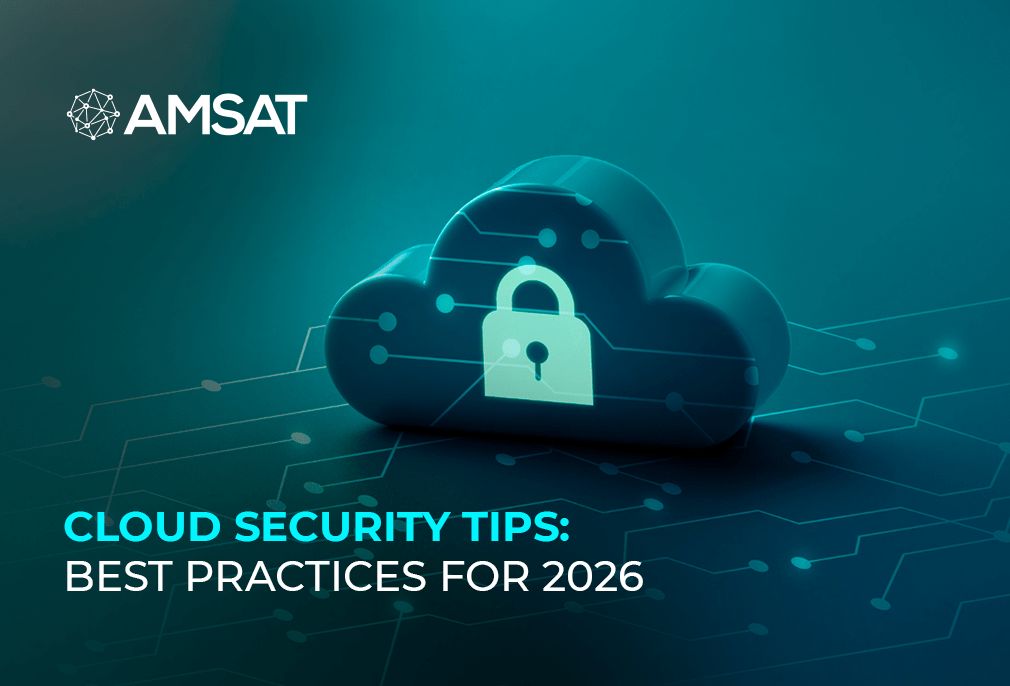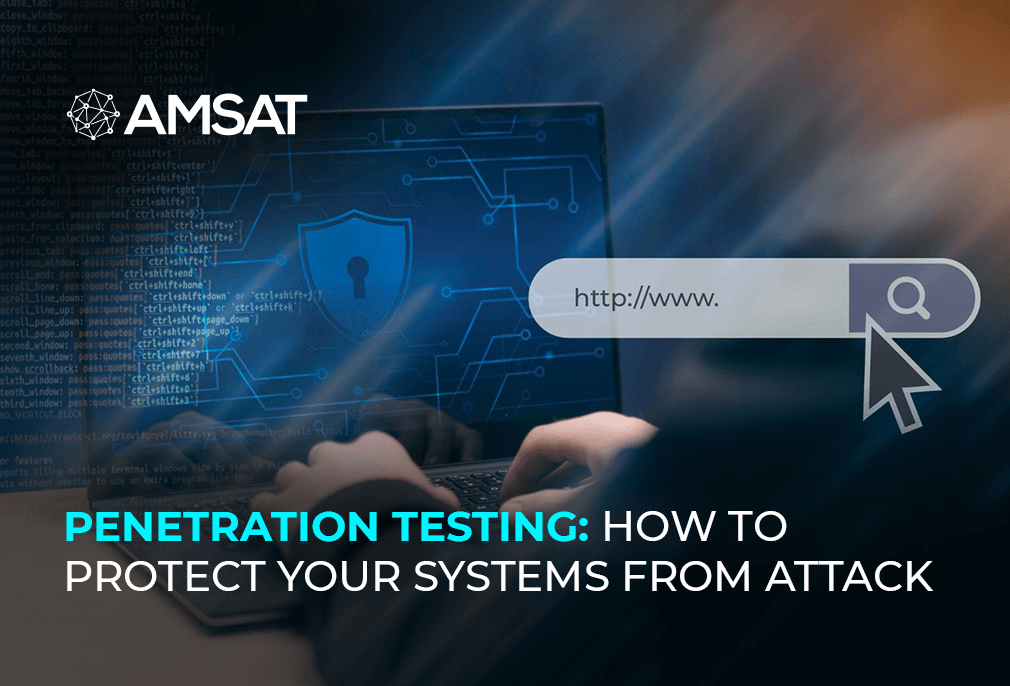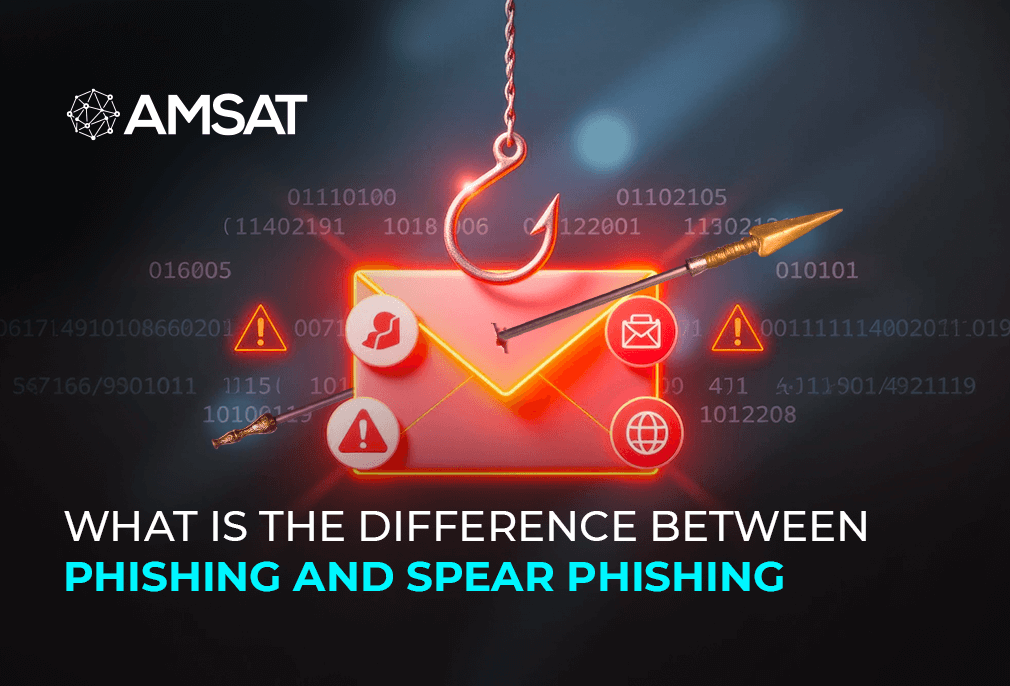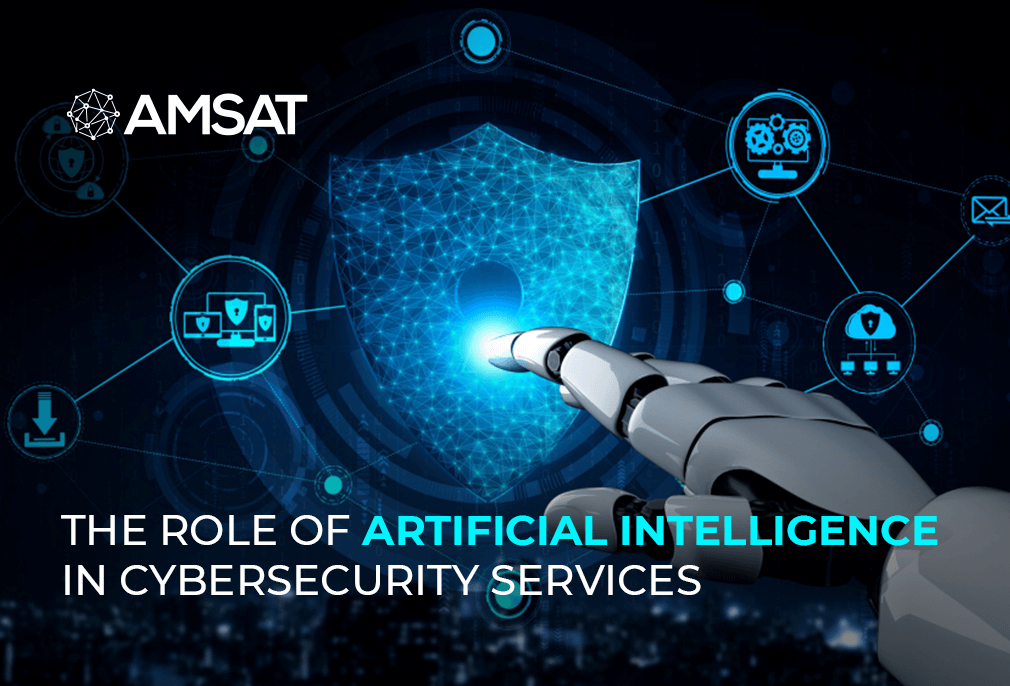Latest Blogs
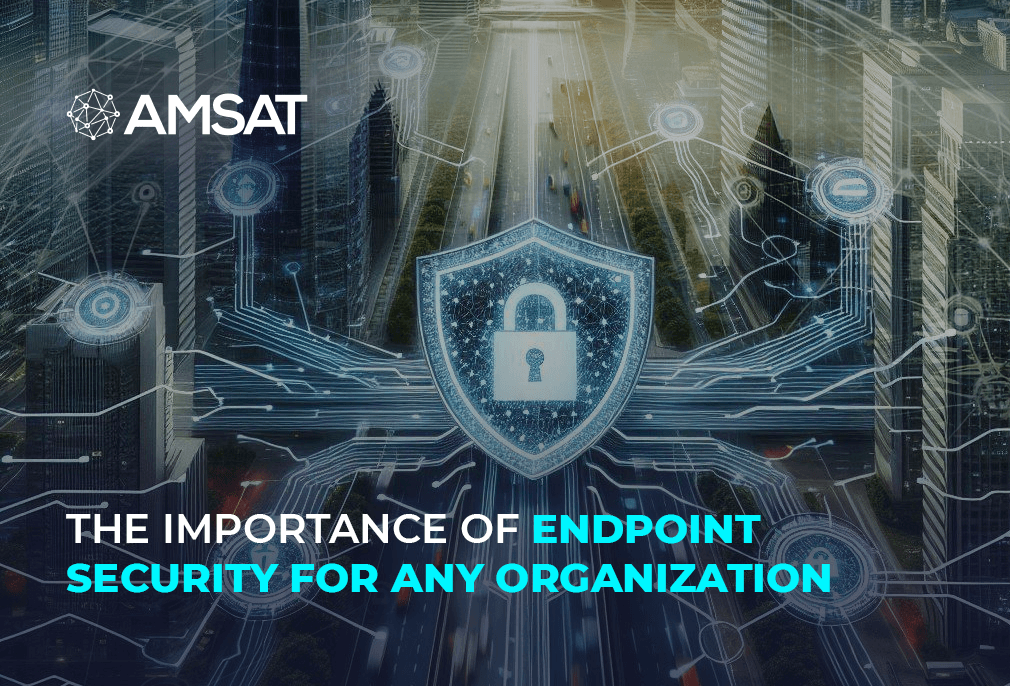
By AMSAT August 20, 2024
Importance of Endpoint Security for Any Organization
In today’s evolving tech landscape, security is more important to organizations than anything. One of the major targets of malware attacks are your consumers at the terminal where your business processes conclude.
So, the most asked question would be: Is this terminal secure?
This terminal is known as the endpoint. Let’s dive into what this endpoint is and why its security is at the utmost priority.
What is an Endpoint?
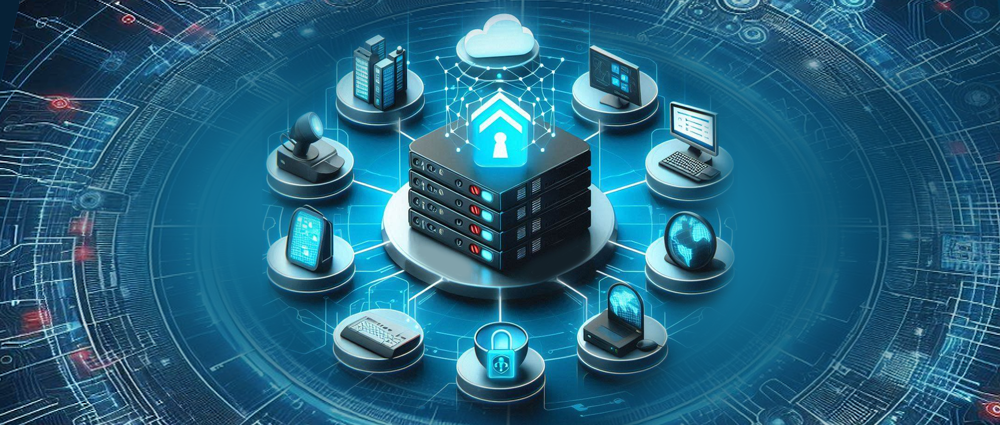
When talking about an endpoint, we mean any device or server connected to a network. From desktop PCs, laptops and mobile phones, to IoT devices like kitchen appliances, cameras, and thermostats, all devices that may be connected to a network and engage in the sharing and transfer of data are known as the endpoint.
What is Endpoint Security?
We often don’t think about these devices being in danger as we are just used to using them in our daily lives. But what we don’t realize is that these devices are also connected to a server which is part of a huge network containing sensitive information. The phenomenon of securing these endpoints is known as endpoint security.

We secure these endpoints because they also act like the entry point to your organization’s network for cybercriminals, opening the welcoming door to their malicious attacks.
If that’s not enough reason to latch the tight, let’s look at a few more:
Why is Endpoint Security Important?
In the last few years, due to remote working trends, the number of endpoints has doubled.
In recent years, the number of endpoints within businesses has increased. This has been especially the case since the Covid19 pandemic. With more employees working from home, they connect to home and public WiFi, bringing more endpoints to the company’s network. Each of these endpoints is a potential malware-attacking site.
Therefore, locking every door of your modern enterprise is very important.

Businesses are required to protect their data and ensure that they have visibility into advanced cyber threats. In order to minimize these threats and attacks, businesses can install endpoint protection platforms on devices and utilize other tools to mitigate this risk.
How Does End Point Security Works?
Endpoint security operates through an EPP (Endpoint Protection Platform) that continuously monitors for suspicious activities and alerts network administrators of potential breaches. An agent or sensor installed on an endpoint securely streams data to a centralized EPP, allowing for network traffic analysis and, if needed, initiating mitigating actions.

Let’s examine the types of attacks that endpoint data can uncover, enabling an appropriate response:
Malware Installation and Persistence
Malware installation processes differ from those of legitimate software. It has a limited number of methods to maintain persistence in a system.
Attacker Commands
Cyber attackers typically interact with the target system through an operating system terminal.
Before they move laterally, they acquire the credentials of their target.
Lateral Movement
Attackers bring their own set of toolkits with them and often move to other network assets to gather more data on their way to the primary target.
FAQs
Why do we need an endpoint?
Endpoints are crucial as they serve as the primary access points to a network, making them key targets for cyberattacks. Securing endpoints helps protect sensitive data, prevent the spread of threats, and ensure compliance with regulatory requirements
Why is endpoint detection important?
Endpoint detection is vital for early threat identification, preventing literal movement and protecting critical assets in order to mitigate cyberattacks and their impact.
Why is end-user security important?
As the users are the weakest links in a cybersecurity network, their security is of the utmost importance. Protecting the end-users helps prevent unauthorized access, data breaches and the spread of malware in your business.
Why is endpoint security so important to an organization?
Endpoint security is vital because they are also the entry point of malware attacks. Securing endpoints helps prevent breaches, protects sensitive information, and ensures the overall integrity of the organization’s IT environment.
TAGS
- Managed Security Services
- Cyber Security Updates
- Cyber Security Providers
Recent Blogs
Ready to Get Started?
Our specialists are ready to tailor our security service solutions to fit the needs of your organization.
